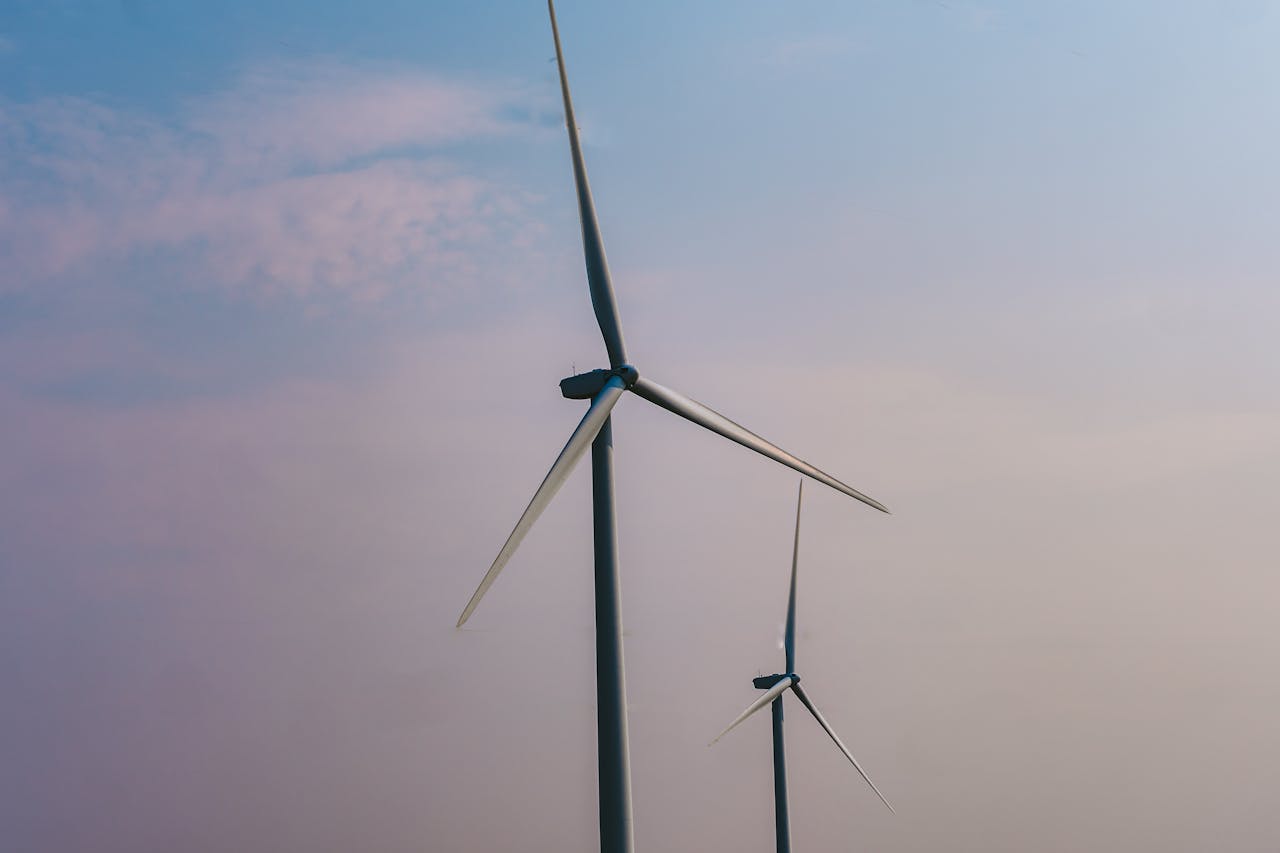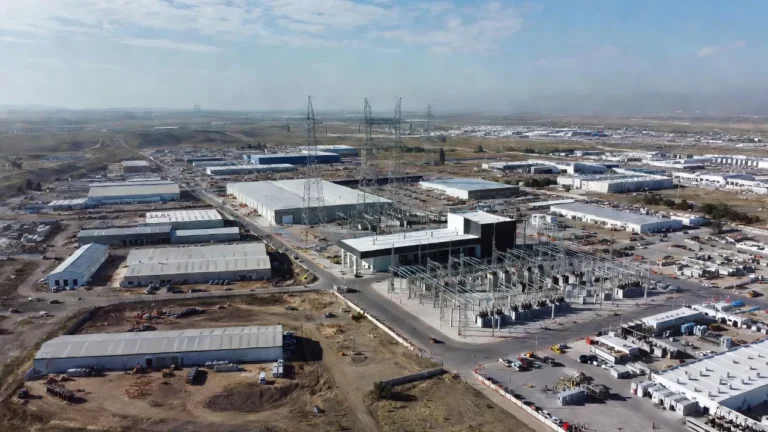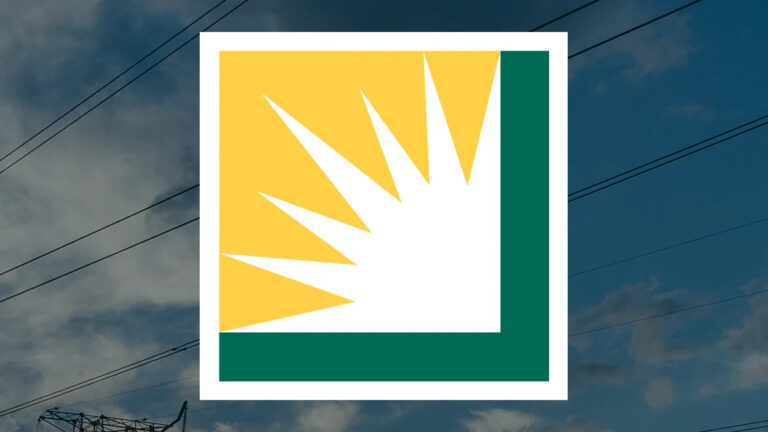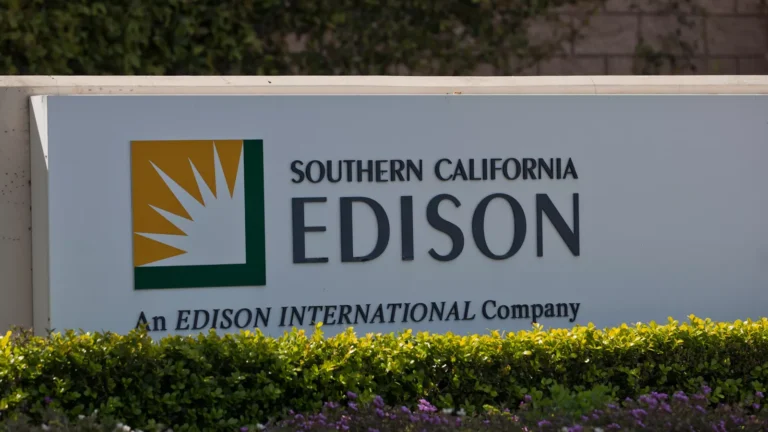
The Black Energy Empowerment Council (BEEC) proudly announces its launch as the nation’s first organization focused solely on advocating for fair and equitable energy access in Black communities. Rooted in principles of energy justice, resilience, and accessibility, BEEC is committed to addressing the economic, social, and environmental disparities that disproportionately affect Black Americans’ ability to access affordable and reliable energy.
The 2024 election highlighted a shift in political dynamics, revealing how economic concerns, job stability, and household costs are shaping the priorities of Black communities. BEEC recognizes that energy access is a bipartisan issue, affecting all households—especially those in communities where energy costs and environmental impacts are disproportionately high.
“Every family deserves affordable, reliable energy without compromising economic stability,” said Gail Adams, BEEC’s founding director. “As political views evolve, the need for energy equity remains a unifying concern. We are here to ensure that Black voices are heard in energy policy discussions and that the unique challenges faced by Black communities are addressed with solutions that resonate across the political spectrum.”
BEEC’s work will focus on four key areas of disparity:
- Higher Energy Burdens: Black households face an energy burden 43% higher than non-Hispanic white households, largely due to older, inefficient housing and higher local energy costs.
- Health Disparities: Energy insecurity in Black communities contributes to health issues, as households are more likely to experience utility shutoffs, leading to inadequate heating in winter and insufficient cooling in summer. This exacerbates respiratory conditions, mental health struggles, and risks for vulnerable populations like children and the elderly.
- Educational Disadvantages: Energy insecurity disrupts education, with 35% of Black households facing energy instability. This results in poor lighting, unreliable internet, and uncomfortable study conditions, which negatively affect academic performance and contribute to the widening achievement gap.
- Economic Vulnerability: Black households allocate a significantly higher percentage of income to energy costs, leaving less for other essential needs like housing, healthcare, and education. Addressing energy burdens could free up hundreds of dollars annually for families, improving overall financial stability and mobility.
By amplifying community stories and raising awareness of these critical issues, BEEC aims to inspire both policymakers and citizens to advocate for fairer, more inclusive energy policies. Regardless of political affiliation, Black communities deserve not only access to energy but also the ability to shape the policies that impact their lives.
As BEEC begins its mission, it invites community members, advocates, and policymakers to join in the movement for a more just, sustainable, and affordable energy future for all.










